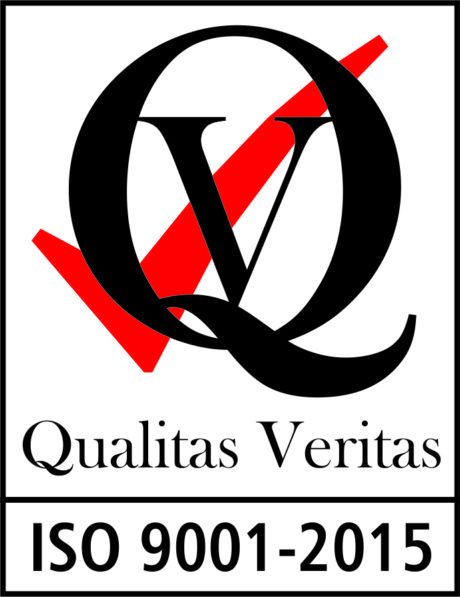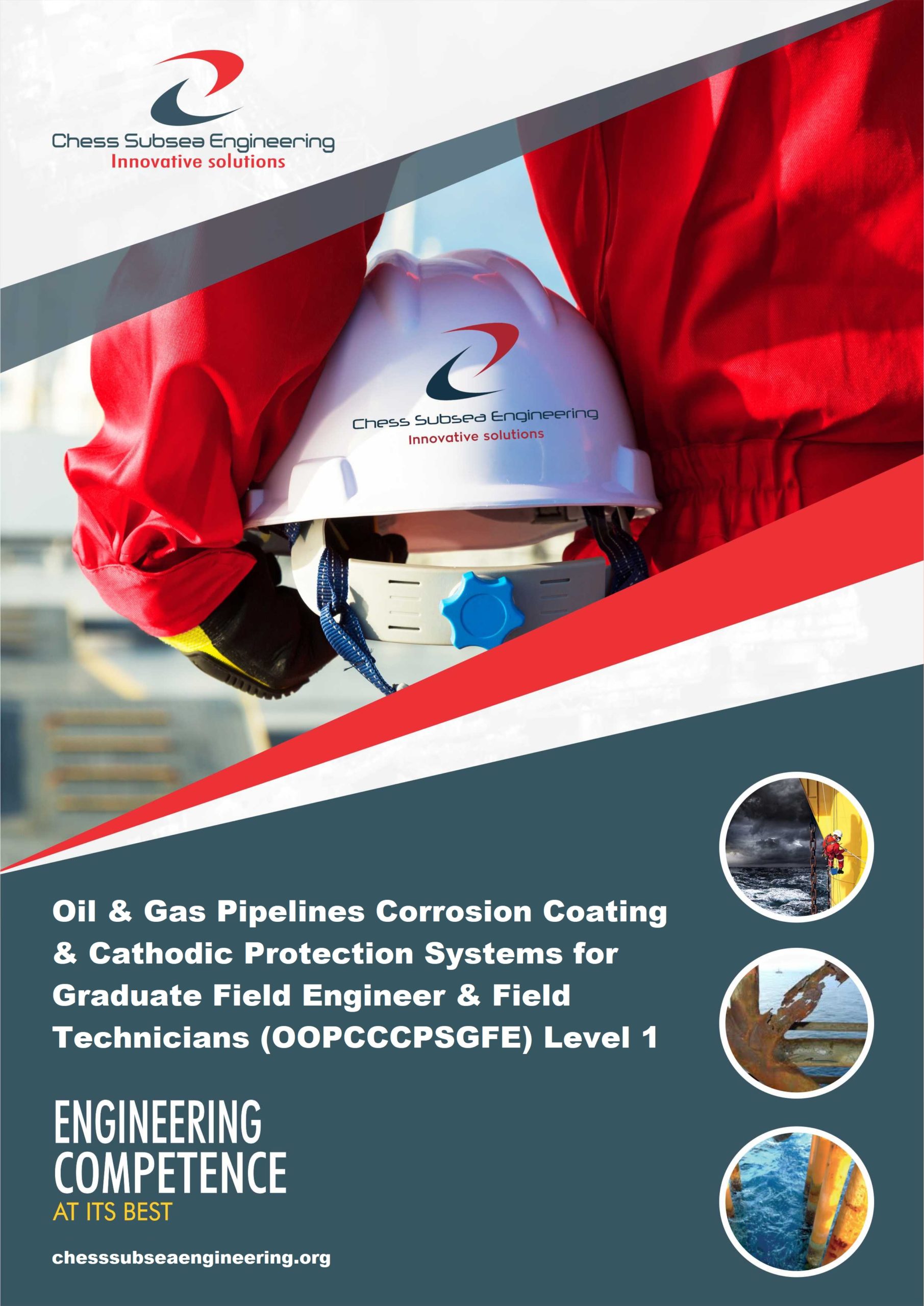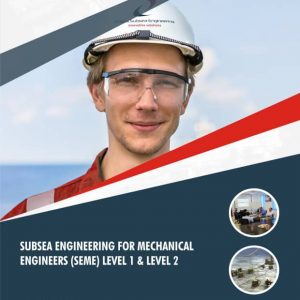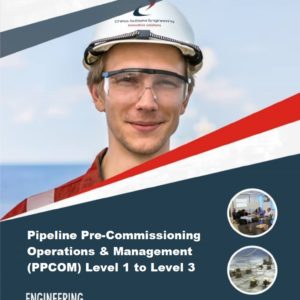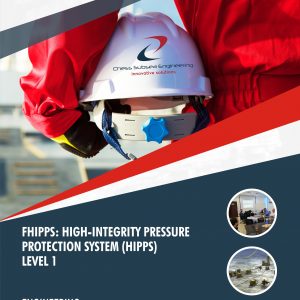Description
Pipeline corrosion is a major concern in the oil and gas industry as it can lead to pipeline failure and environmental damage. To prevent corrosion, pipeline coatings and cathodic protection systems are commonly used.
Pipeline corrosion coatings are applied to the external surface of the pipeline to prevent corrosion. The coatings can be made of various materials, including epoxy, polyurethane, and polyethylene. These coatings act as a barrier between the pipeline and the surrounding environment, preventing the pipeline from being exposed to corrosive substances such as water, oxygen, and chemicals.
Cathodic protection systems are another way to prevent pipeline corrosion. This method works by creating an electric circuit between the pipeline and a sacrificial anode. The anode is a more reactive metal than the pipeline, so it corrodes instead of the pipeline. The cathodic protection system also includes a monitoring system to ensure that the system is functioning properly and to detect any potential problems.
There are two types of cathodic protection systems: impressed current cathodic protection (ICCP) and sacrificial anode cathodic protection. ICCP involves using a power source to supply a continuous electric current to the pipeline, while sacrificial anode cathodic protection involves attaching a more reactive metal to the pipeline to act as a sacrificial anode.
Oil & Gas Pipelines Corrosion Coating & Cathodic Protection Systems for Graduate Field Engineer & Field Technicians (OOPCCCPSGFE) Level 1 covers Corrossion in Pipelines, Rate of Corrossion, Corrosion Coating Selection Criteria, Corrosion Coating System, Fusion Bonded Epoxy (FBE), Two Layer Polyethylene or Three Layer Polyethylene or Polypropylene, Comparison Between the Various Types of Coating System, Internal Coating, Qualification and Testing, Cathodic Protection System, Cathodic Protection System Design, Cathodic Protection System Survey, Cathodic Protection Survey & Anode Spacing, Cathodic Protection Survey Monolithic Isolation Joint and more.
Course Outlines
Introduction to Corrossion
Rate of Corrossion
Corrosion Coating Selection Criteria
Corrosion Coating System
Comparison Between the Various Types of Coating System
Internal Coating
Qualification and Testing
Cathodic Protection System
Cathodic Protection System Design
Cathodic Protection System Survey
Cathodic Protection Survey & Anode Spacing
Cathodic Protection Survey Monolithic Isolation Joint
Estimation of Total Mass of Sacrificial Anode required for CP
Estimation of Number and Spacing of required anodes
Assessment
Participant underpinning knowledge of Oil & Gas Pipelines Corrosion Coating & Cathodic Protection Systems will be accessed with short answer multiple-choice questionnaire at the conclusion of the course.
Outcome
Participants will gain an in debt understanding of Oil & Gas Pipelines Corrosion Coating & Cathodic Protection Systems. They will also be able to function with minimum supervision as Corrosion Engineer for IOCs, subsea pipeline company contractor, vendor or installation company.
Professional Certificate
Issued directly by Chess Subsea Engineering Europe.
How to Register
Click here to download registeration booklet on msword and email completed booklet to info@chesssubseaengineering.org directly.


